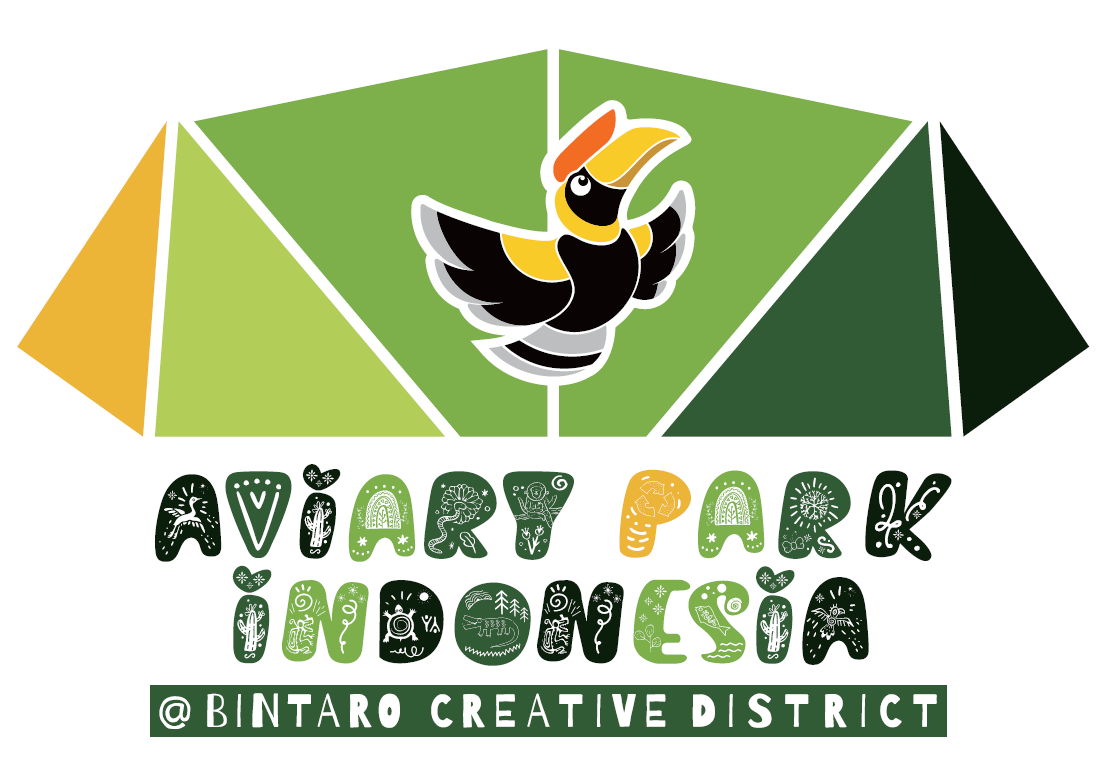Cicak: The Unique Animal of Indonesia
Indonesia is a country renowned for its diverse wildlife, and one of the most fascinating creatures you may encounter during your travels is the cicak. This small reptile, known for its ability to climb walls and ceilings with ease, is a common sight in Indonesian homes and buildings. In this article, we will delve into the world of the cicak, exploring its habits, significance in Indonesian culture, and answering the most common questions travelers have about this intriguing animal.
The cicak, also known as the house gecko, is a small lizard that belongs to the Gekkonidae family. With its distinctive flattened body, large eyes, and sticky toe pads, the cicak is well-adapted to its arboreal lifestyle. These creatures are nocturnal, emerging at night to hunt insects and other small prey. Their chirping calls can often be heard in the evening, adding to the ambiance of tropical nights in Indonesia.
One of the most interesting aspects of the cicak is its symbolism in Indonesian culture. In traditional beliefs, the cicak is considered a symbol of good luck and prosperity. It is believed that having a cicak in your home is a sign of blessings and protection. Some Indonesians even keep cicaks in their homes as pets, believing that they bring good fortune. This cultural significance adds an extra layer of intrigue to these small reptiles.
As a traveler in Indonesia, you are likely to encounter cicaks in a variety of settings. From bustling cities to remote villages, these creatures are a ubiquitous presence. While some may find them a bit unsettling at first, cicaks are harmless and play an important role in controlling insect populations. Embracing the presence of cicaks in your surroundings can enhance your cultural experience and connection to the natural world.
Now, let’s address some of the most common questions travelers have about cicaks:
1. Are cicaks dangerous?
No, cicaks are not dangerous to humans. They are shy creatures that primarily feed on insects and pose no threat to people.
2. Can cicaks harm you?
Cicaks are harmless to humans and are not venomous. They are beneficial creatures that help control insect populations.
3. Do cicaks bite?
While cicaks may bite if provoked, their bites are not harmful to humans. It is best to observe cicaks from a distance and avoid handling them.
4. How long do cicaks live?
Cicaks have a relatively short lifespan, typically living for 2-5 years in the wild.
5. Where do cicaks live?
Cicaks are found throughout Indonesia, inhabiting a wide range of environments from urban areas to forests.
6. What do cicaks eat?
Cicaks primarily feed on insects such as mosquitoes, flies, and moths. They are beneficial predators that help control pest populations.
7. Can cicaks climb walls?
Yes, cicaks have sticky toe pads that allow them to climb walls, ceilings, and other surfaces with ease.
8. Are cicaks noisy?
Cicaks are known for their distinctive chirping calls, which can be heard at night. While some may find this noise bothersome, it is a natural part of their behavior.
9. Do cicaks lay eggs?
Yes, cicaks are oviparous, meaning they lay eggs. Females typically lay 1-2 eggs at a time in hidden, sheltered locations.
10. How can I attract cicaks to my home?
If you wish to attract cicaks to your home, providing a welcoming environment with plenty of insects for them to feed on is key. Keeping outdoor lights on at night can also attract insects, which in turn may attract cicaks.
In conclusion, cicaks are fascinating creatures that play an important role in Indonesian culture and ecosystems. By embracing their presence and learning more about these unique animals, travelers can enhance their experiences in Indonesia and gain a deeper appreciation for the natural world. So, next time you hear the chirping call of a cicak in the night, take a moment to appreciate the beauty and significance of these small reptiles in the diverse tapestry of Indonesian wildlife.
